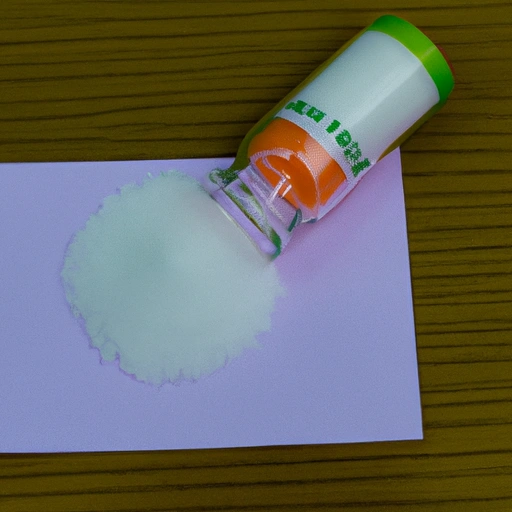Equal
Description

Equal is a brand name for a sugar substitute known primarily for containing the artificial sweetener aspartame. As a non-sucrose sweetener, Equal is widely used to sweeten a variety of foods and beverages without the added calories that come from sugar. It comes in small packets, typically in a blue color scheme, and is also available in bulk form. Equal is 200 times sweeter than table sugar, allowing a small amount to sweeten drinks and dishes effectively. It's a popular choice for those looking to reduce their calorie intake or manage blood sugar levels.
Common uses
Equal is commonly used as a sweetener in both hot and cold beverages, including coffee, tea, and diet sodas. It's also used in the preparation of desserts and confectioneries that are marketed as 'sugar-free' or 'reduced-sugar.' In baking, it can be used as a sugar substitute although it may not provide the same bulk or browning characteristics as sugar.
Nutritional value
Calories
Equal is a low-calorie sweetener. One packet of Equal (about 1 gram) contains roughly 4 calories, which is negligible compared to the 16 calories found in a teaspoon (about 4 grams) of sugar.
Protein
Equal contains no protein.
Fat
Equal contains no fat.
Carbohydrates
Carbohydrates in Equal are minimal, with one packet containing less than 1 gram, primarily from dextrose and maltodextrin used as bulking agents.
Vitamins
Equal does not provide any vitamins.
Minerals
There are no significant minerals present in Equal.
Health benefits
As a sugar substitute, Equal can be beneficial for weight management and for those monitoring their sugar intake, such as people with diabetes. It allows individuals to enjoy sweet flavors without the calories associated with sugar, which can contribute to a calorie-controlled diet.
Potential risks
There have been concerns about the long-term effects of consuming artificial sweeteners like aspartame, one of the primary ingredients in Equal. Some studies suggest a potential link to various health issues, although aspartame is approved for use by many health authorities around the world. Individuals with phenylketonuria (PKU) should avoid aspartame, as they cannot metabolize the amino acid phenylalanine, which is a component of aspartame.
Common recipes
Equal is often used in recipes for sugar-free desserts, such as puddings, gelatins, and ice cream. It is also a staple in many diet-friendly drink mixes and low-calorie meal plans.
Cooking methods
While Equal can be subjected to heat, it may not be suitable for all cooking methods, especially those requiring caramelization or certain textural properties provided by sugar.
Pairing with other ingredients
Equal pairs well with acidic fruits to enhance sweetness, with coffee or tea as a sugar substitute, and in dairy-based desserts where it can help reduce overall calorie count without compromising sweetness.
Summary
Equal is a widely used artificial sweetener that offers a sugar-like taste without the associated calories. Its versatility makes it a staple in various diets and culinary traditions across America, Europe, and Azjan countries. While it presents certain health benefits, particularly for weight management and diabetes control, consumers should also be aware of the potential risks associated with aspartame. Understanding its properties will help individuals use Equal effectively in their cooking and baking endeavors.